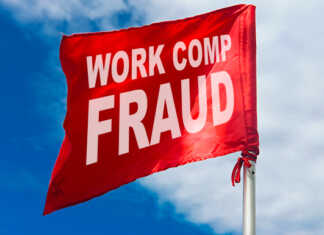In the wake of the war in Ukraine, many have sought out opportunities to donate clothing, goods, money, and even cryptocurrency. To ensure that your donations reach their intended destination, the FBI provides guidance on how to protect yourself from potential charity fraud scammers looking to exploit donors and steal from those in need.
Protect your donation with these tips
- Give to established charities or groups whose work you know and trust.
- Be aware of organizations with copycat names or names similar to reputable organizations.
- Be wary of new organizations that claim to aid victims of recent high-profile disasters.
- Do your research. Use the Federal Trade Commission’s (FTC) resources to examine the track record of a charity.
- Donate using a check or credit card. If a charity or organization asks you to donate through cash, gift card, virtual currency, or wire transfer, it’s probably a scam. Learn more about this trick from the FTC.
- Practice good cyber hygiene:
- Don’t click links or open email attachments from someone you don’t know.
- Manually type out links instead of clicking on them.
- Don’t provide any personal information in response to an email, robocall, or robotext.
- Check the website’s address—most legitimate charity organization websites use .org, not .com.
- After a natural disaster or another emergency, carefully vet any contractors before hiring them to work on your home or business.
Don’t let scammers deter you from helping out. Be vigilant, and your good deeds will go a long way.

















